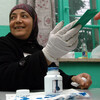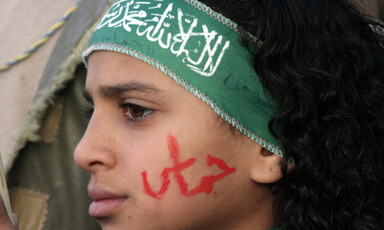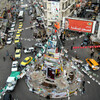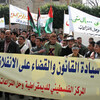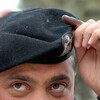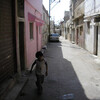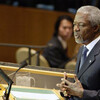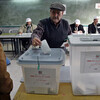
Photostory: Palestinian Elections
25 January 2006
Polls have closed across Gaza and the occupied West Bank and the vote count has begun, after the first Palestinian parliamentary elections in a decade. Election officials say over 70 percent of the more than one million eligible voters turned out despite rain and cold winds to cast their ballots at more than 1,000 polling stations. East Jerusalem witnessed the highest turnout, between 80 to 90 percent, prompting the Central Elections Committee to extend voting until 9 p.m. An 81 percent turnout was registered in the Gaza Strip in comparison to 74 percent in the West Bank. A strong Hamas showing would indicate the movement’s call for change and reform clearly resonated with many voters, who were disappointed with the long-time rule of Fatah. Read more about Photostory: Palestinian Elections

